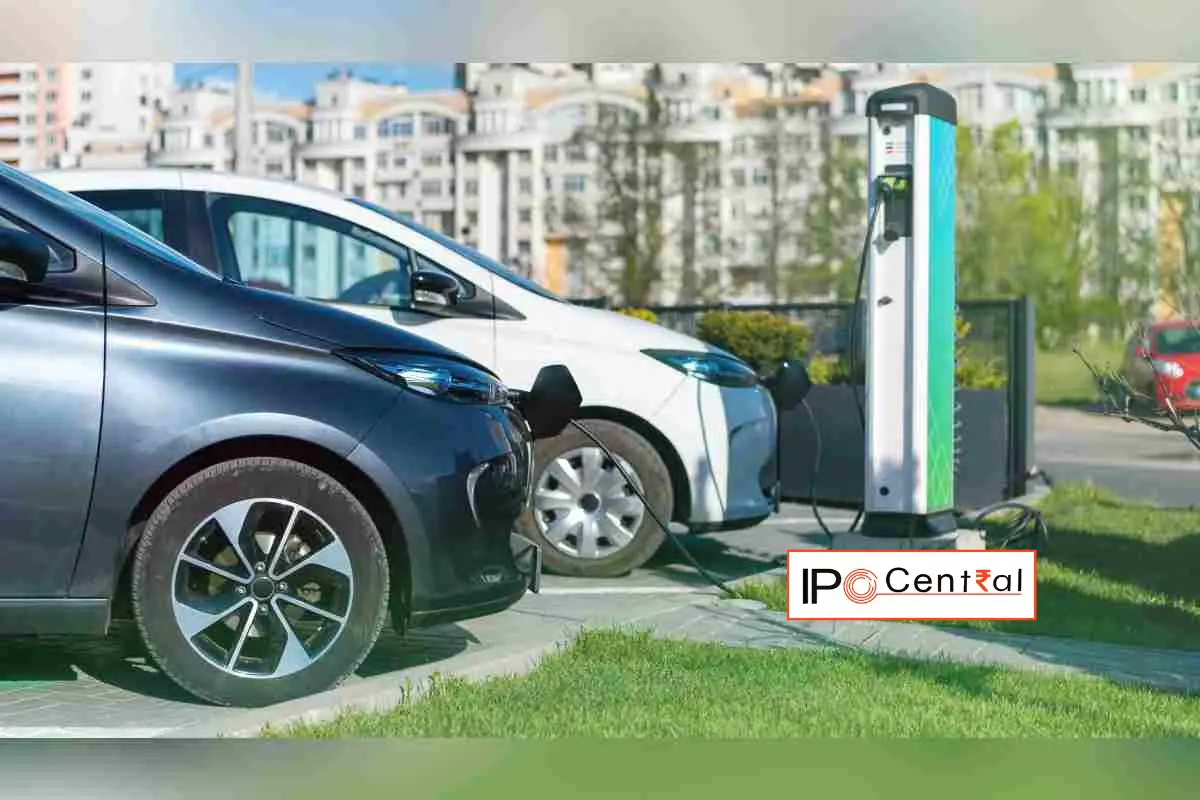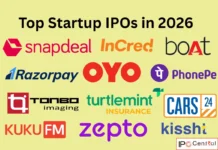The buzz of the Electric Vehicle Market is getting louder. With a growing consciousness about climate change and the ever-rising cost of fuel, more people are engaging with the EV Ecosystem. It is not just a trendy choice but a practical one too. They’re cheaper to run, kinder to the environment, and, let’s face it, they’re just cool. According to the economic survey presented by Finance Minister Nirmala Sitharaman, India’s electric vehicle market is set to explode, aiming for 10 million sales annually by 2030, growing at a whopping 49% CAGR from 2022.

But, jumping into the world of EVs isn’t as straightforward as buying your next smartphone. If you’re new to this, you’re probably overwhelmed by the choices. You’ve got to think about how far your car can go on a single charge, where you’ll charge it, and how long the battery will last. It’s a lot to consider.
Let’s dive into what you need to know if you’re thinking of bringing an EV into your life, particularly if you’re planning on setting up a charger at home or perhaps at your business.
Driving Habits – Electric Vehicle Market
First up, think about how you use your car. If you’re the type who drives long distances daily, you’ll want an EV with a battery that can handle that without making you stop for a charge. Or maybe you love road trips; in that case, fast charging capabilities could be your best friend, getting you to your destination quicker.
Charging Infrastructure
Now, think about where you’ll charge this thing. You’ll need to check out the charging infrastructure around you. There are apps and maps online that can show you where the nearest charging stations are, and what types of chargers they have. The Indian government’s pretty ambitious; they want a charging station every 3 km in cities and every 25 km on highways by 2030. Charging at home? That’s where you can save, using those sweet domestic electricity rates, and it’s as easy as plugging in your phone overnight.
Cost of Installation
Setting up your own charging station at home? The government says go for it, but you’ve got to follow their rules and standards. Costs can swing wildly depending on the charger you pick, any electrical upgrades your home needs, and how much the installation will set you back. Remember, when you’re choosing your EV, part of the total cost is going to be setting up your charging station.
Battery Life and Warranty
The battery is the heart of your EV, and it’s pricey. You’ll want to know how long it’s going to last and what kind of warranty comes with it. Batteries do degrade over time, so understanding the warranty can save you a headache down the line.
Compatibility with Charging Equipment
Not all EVs play nicely with every charger. Most will work with the common Level 2 chargers you’ll find at home or public spots, but some might need special adapters or equipment. It’s key to check this compatibility before you commit.
Electrical Capacity
Your home’s electrical system needs to be up to the task of charging an EV. A Level 2 charger often needs a 40-amp circuit, which might mean some home upgrades like a new electrical panel or beefed-up wiring. If not, you’re looking at slower charging times, which might not be ideal.
Rebates and Incentives
Don’t forget to look for a little financial help. Some states, utilities, and even national schemes like FAME-II offer rebates or tax credits for buying EVs or setting up charging stations. There’s around INR 51.72 billion in the Union Budget just for this, so it’s worth checking out.

By considering all these aspects, you’re not just buying a car; you’re preparing for a new way of life. Make sure your EV and your charging setup meet your needs, and you’ll be cruising into a greener, more sustainable future.


































